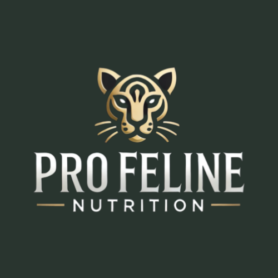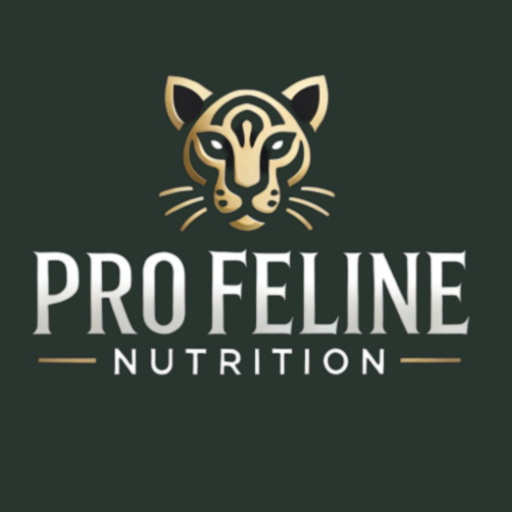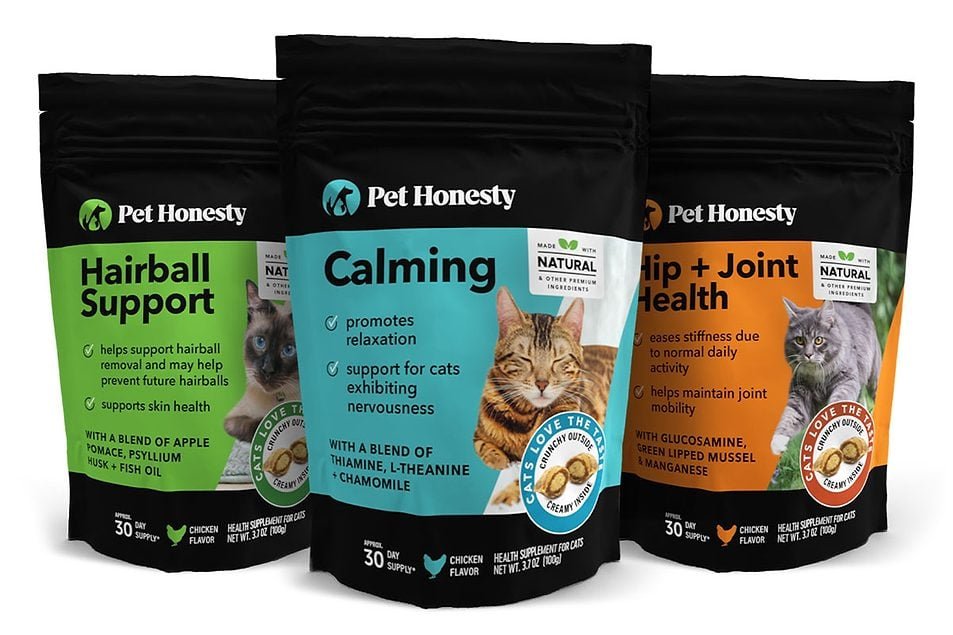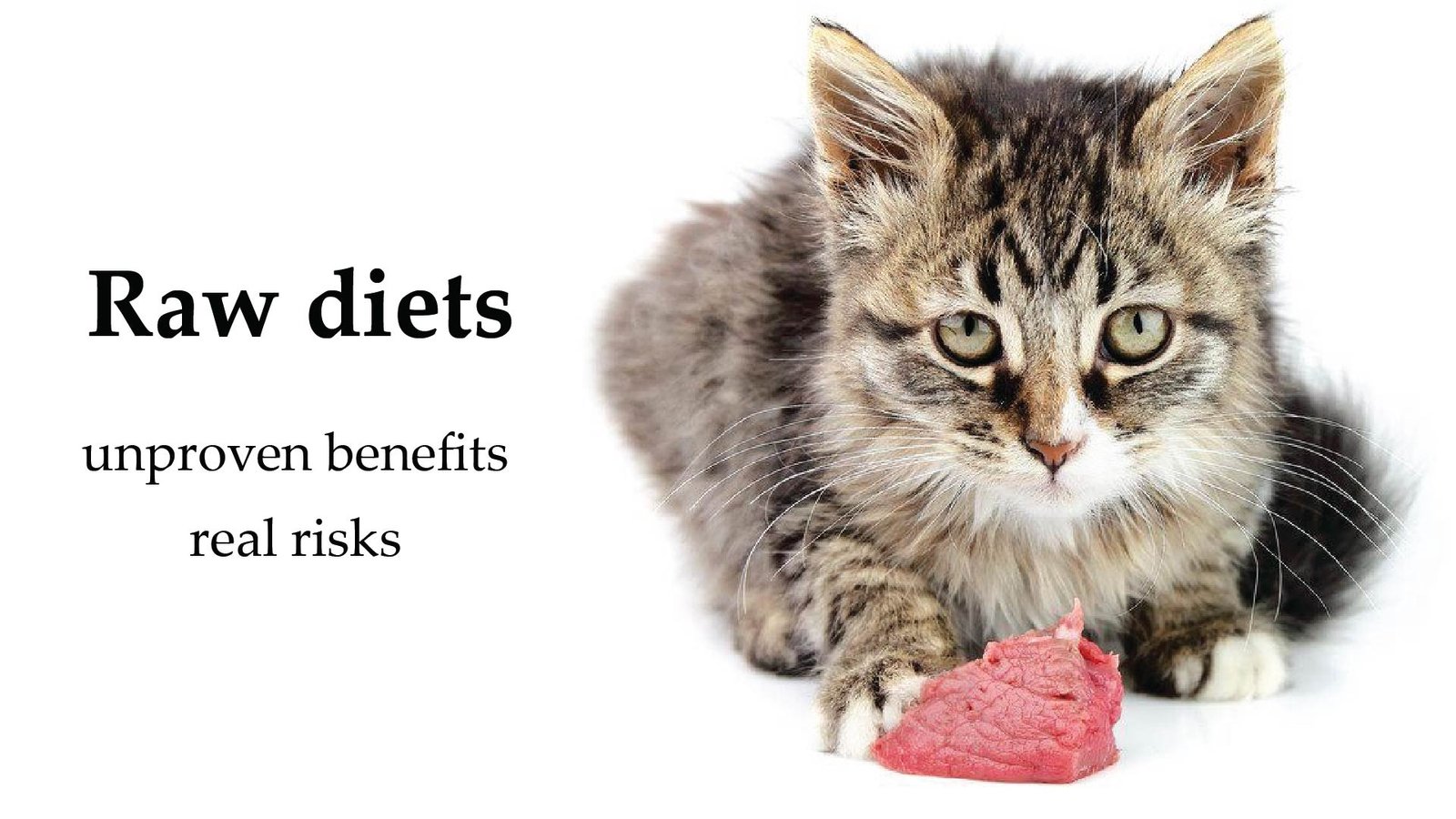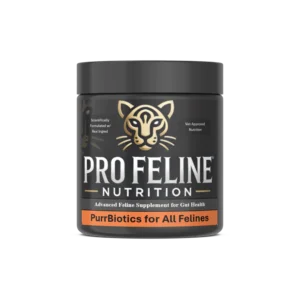5 Signs Your Cat Needs Digestive Support (And What to Do About It)
Eric D.
October 27, 2025
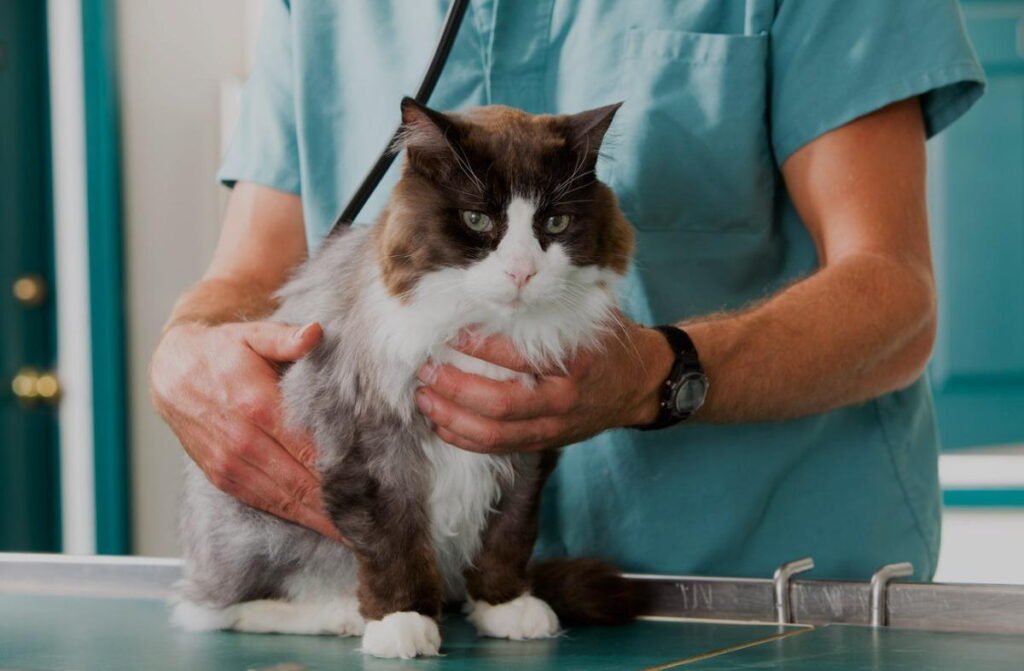
As cat owners, we want our feline companions to thrive. But digestive issues can be subtle, and many cats suffer in silence. Here are five key signs your cat’s gut needs support—and how to help.
1. Inconsistent Litter Box Habits
What to watch for: – Diarrhea or loose stools – Constipation or straining – Changes in frequency – Unusually foul odor What it means: Your cat’s gut microbiome may be imbalanced. Stress, diet changes, or antibiotics can disrupt beneficial bacteria. The solution: High-quality probiotics restore balance. Look for multi-strain formulas with at least 2 billion CFUs.
2. Frequent Vomiting or Hairballs
What to watch for: – Vomiting more than once per month – Undigested food in vomit – Excessive hairballs (more than 1-2 monthly) – Gagging or retching What it means: Poor digestion can slow gut motility, causing hair and food to accumulate. Enzyme deficiency may prevent proper breakdown of nutrients. The solution: Digestive enzymes (protease, lipase, amylase) help break down food more efficiently, reducing vomiting and hairball formation.
3. Dull Coat or Skin Issues
What to watch for: – Dry, flaky skin – Excessive shedding – Dull or greasy coat – Over-grooming or hot spots What it means: Gut health directly impacts skin and coat. If your cat can’t absorb nutrients properly, it shows externally first. The solution: Probiotics improve nutrient absorption, particularly fatty acids essential for skin and coat health.
4. Low Energy or Lethargy
What to watch for: – Decreased playfulness – Sleeping more than usual – Reluctance to jump or climb – Weight loss despite normal appetite What it means: Malabsorption means your cat isn’t getting energy from their food. Poor gut health can also trigger inflammation that causes fatigue. The solution: Comprehensive digestive support with probiotics and enzymes maximizes nutrient uptake and energy production.
5. Food Sensitivities or Picky Eating
What to watch for: – Refusing previously enjoyed foods – Eating very slowly or reluctantly – Signs of nausea before meals – Reactions to specific proteins What it means: A damaged gut lining can trigger food sensitivities. Your cat may associate certain foods with discomfort. The solution: Healing the gut with probiotics can reduce sensitivities over time. Digestive enzymes make meals more comfortable.
Taking Action
If your cat shows any of these signs, consult your veterinarian to rule out serious conditions. Once cleared, high-quality digestive support can make a dramatic difference. ProFeline supplements are formulated specifically for feline digestive systems—especially cats with wild genetics who need extra support. Your cat’s health starts in the gut. Give them the foundation they need to thrive.
